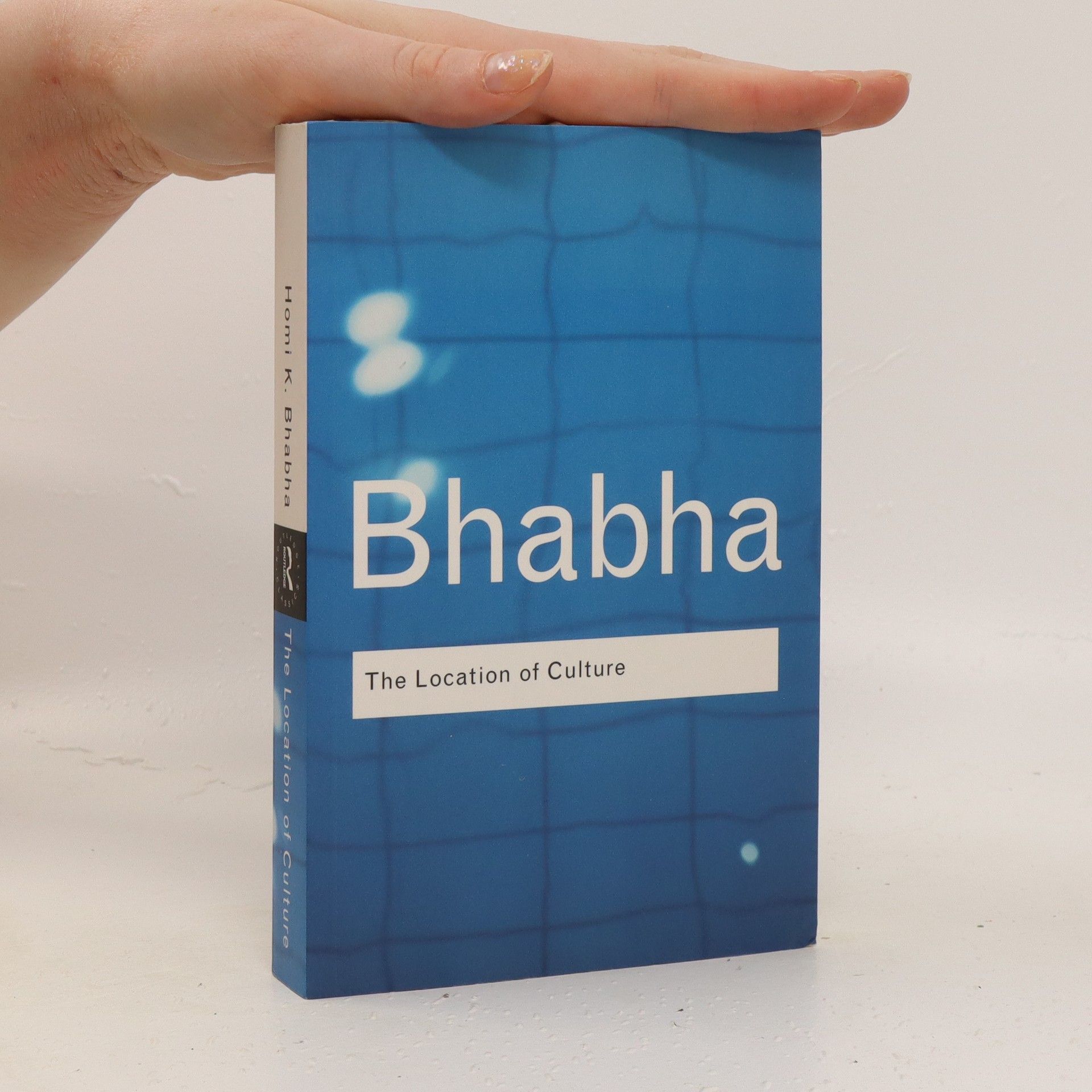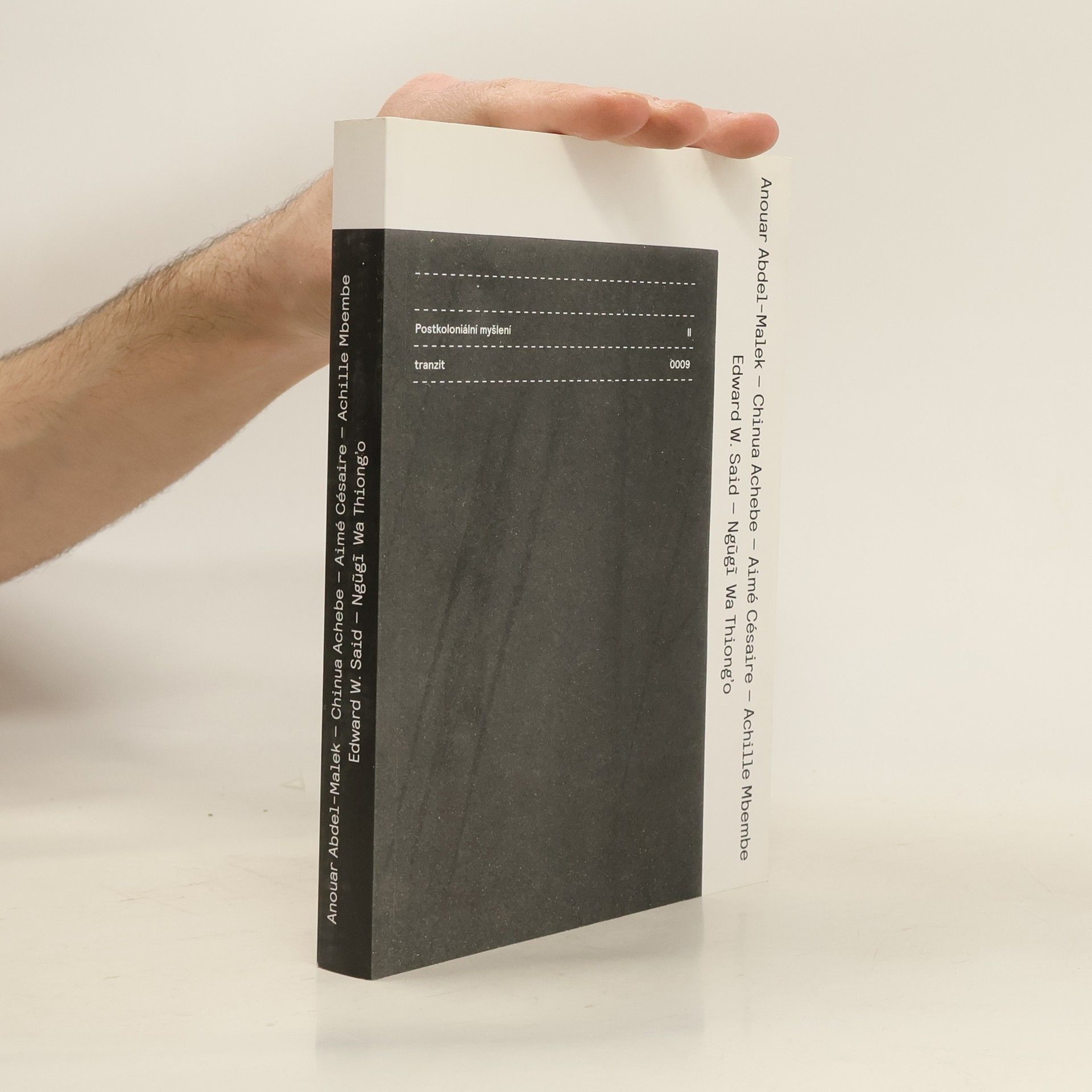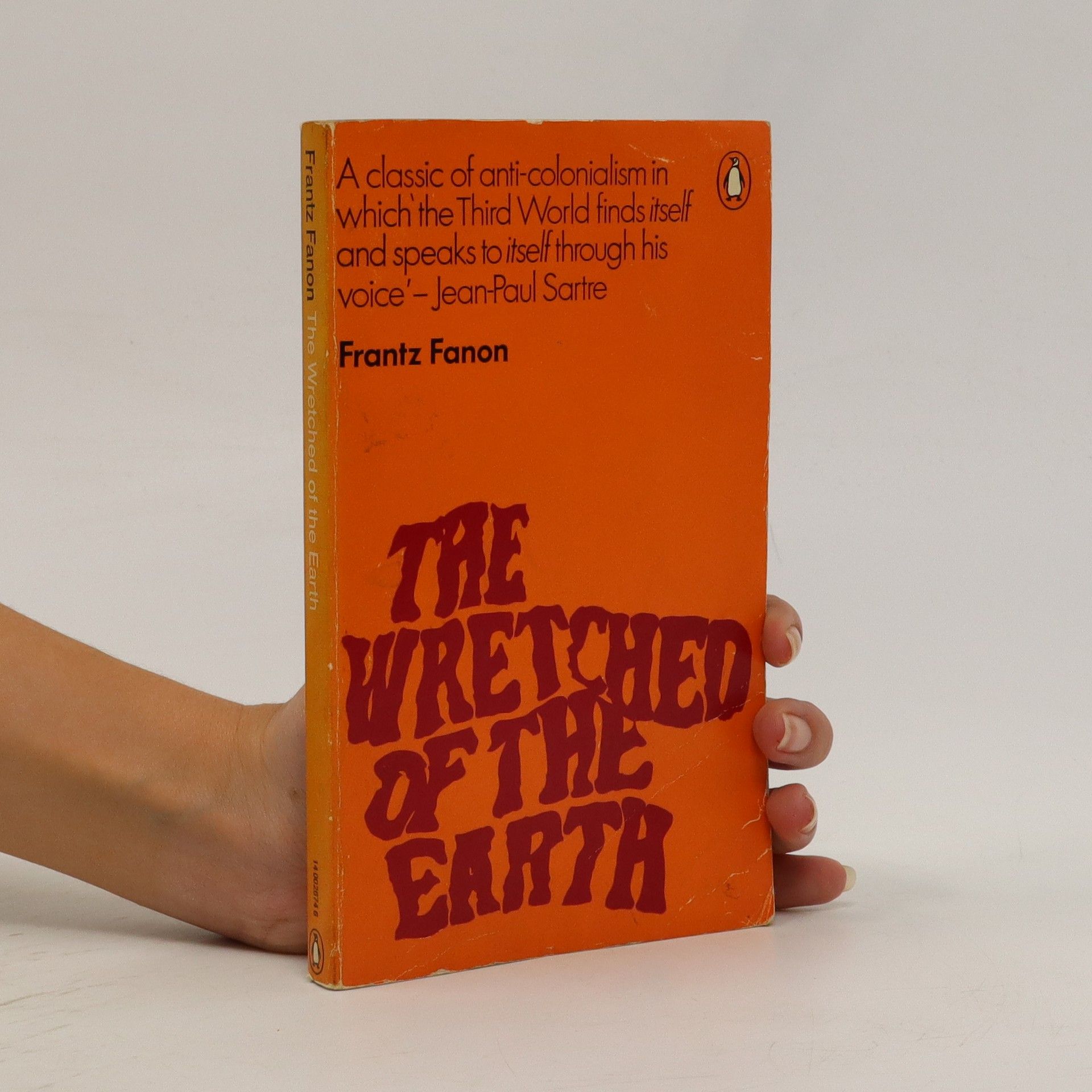The explosion will not happen today. It is too soon ... or too late.First published in English in 1968, Frantz Fanon's seminal text was immediately acclaimed as a classic of black liberationalist writing. Fanon's descriptions of the feelings of inadequacy and dependence experienced by people of colour in a white world are as salient and as compelling as ever. Fanon identifies a devastating pathology at the heart of Western culture, a denial of difference, that persists to this day. His writings speak to all who continue the struggle for political and cultural liberation in our troubled times.
Postcolonial Thought Series
This series delves into the theoretical underpinnings of postcolonial thought, examining the psychological impacts of colonialism and analyzing power dynamics and identity in the postcolonial world. Readers will find insightful explorations of alienation, race, and the struggle for self-determination in the face of historical injustices. It offers essential reading for understanding the complexities of the contemporary global landscape.





Recommended Reading Order
- 1
- 2
Postkoloniální myšlení II
- 259 pages
- 10 hours of reading
Druhý díl série Postkoloniální myšlení I–IV, navazující na překlad knihy Frantze Fanona, se zaměřuje na historické východisko postkoloniálního myšlení jako emancipačního programu druhé vlny dekolonizace. Tento proces, probíhající v Asii a Africe od konce druhé světové války do poloviny sedmdesátých let, byl na Západě vnímán jako rozklad evropských imperiálních říší. Autoři v knize vyjadřují perspektivu osvobození od koloniální nadvlády a systémů útlaku. Klíčovou otázkou je postkoloniální identita a konstrukce nové politiky identity: bude vycházet z národního esencialismu, nebo z konstruktivistického pohledu na národ jako myšlené společenství? Tyto nekompatibilní koncepce reflektují problémy, které se objevují i v kontextu postsocialistické transformace po roce 1989. Publikace zahrnuje klasické texty, které definují témata univerzality, diference, rezistence a jazyka jako struktury moci. Specifikum výběru spočívá v dvou místních aspektech pohledu na postkoloniální situaci: roli autora a dědictví totalitního režimu, které formovalo stereotypy ideologií.
- 3
The location of culture
- 408 pages
- 15 hours of reading
Rethinking questions of identity, social agency and national affiliation, Bhabha provides a working, if controversial, theory of cultural hybridity - one that goes far beyond previous attempts by others. In The Location of Culture , he uses concepts such as mimicry, interstice, hybridity, and liminality to argue that cultural production is always most productive where it is most ambivalent. Speaking in a voice that combines intellectual ease with the belief that theory itself can contribute to practical political change, Bhabha has become one of the leading post-colonial theorists of this era.
- 4
Výbor teoretických studií a esejů je čtvrtým svazkem série Postkoloniální myšlení. Tato série má volně chronologickou návaznost a obsahuje jak překlady ucelených knih (Frantz Fanon – Černá kůže, bílé masky a Homi K. Bhabha – Místa kultury), tak dvě antologie vybraných textů. Stávající svazek se zaměřuje na následující období od osmdesátých let dvacátého století po současnost. V průběhu této doby se postkoloniální reflexe autorů a autorek působících na převážně anglo-amerických univerzitách rozvinula napříč celou sférou humanitních disciplín. Tato reflexe přináší kritickou revizi filosofických, historických, antropologických, literárních, kulturních i genderových či jinak předsudečně zaměřených reprezentací, identit a narativů/vyprávění dějin. Klíč pro pochopení současné situace nejen v kolonizovaných zemích, ale také v kontextu globalizace je možné nalézt v rozličných proměnách pojmu postkoloniality. Sám tento pojem není však nikterak homogenní a byl či je často problematizován pro svoji historickou neurčitost, teoretickou nezakotvenost či obecně pojmovou proměnlivost. Smyslem výboru je českému čtenáři nabídnout pluralitu přístupů a kritických stanovisek teoretického postoje, jenž vedl ke změně společenskovědního paradigmatu v posledních třiceti letech.
- 5
Frantz Fanon's seminal work on the trauma of colonization established him as a leading anti-colonialist thinker of the twentieth century. This Penguin Modern Classics edition, translated by Constance Farrington and introduced by Jean-Paul Sartre, was written during the Algerian war for independence and first published in 1961. Fanon's classic text has inspired anti-colonial movements, analyzing class, race, national culture, and violence in the struggle for freedom. With power and anger, he highlights the economic and psychological degradation inflicted by imperialism. As a psychotherapist, Fanon revealed the connection between colonial war and mental illness, advocating that the fight for freedom must be paired with the development of a national culture. He proposed revolutionary violence as a path to socialism. While many calls to arms from the decolonization era are now historical, Fanon's passionate analysis of the dynamics between great powers and the 'Third World' remains relevant today. Born in Martinique, Fanon was a French author, essayist, psychoanalyst, and revolutionary who supported Algeria's independence and became a member of the Algerian National Liberation Front. His works have inspired anti-colonial liberation movements for over four decades. If you appreciated this text, you may also enjoy Edward Said's Orientalism, available in Penguin Modern Classics.